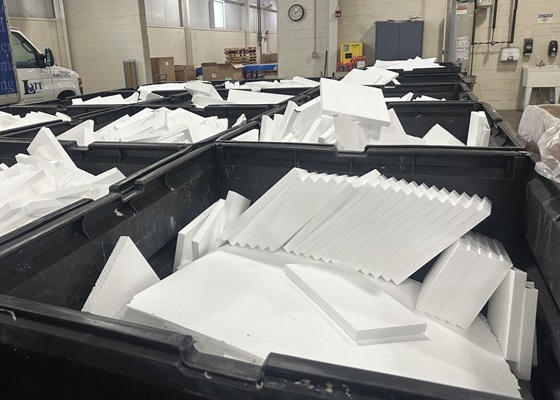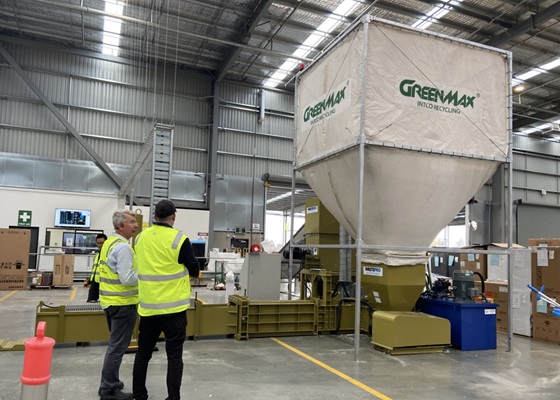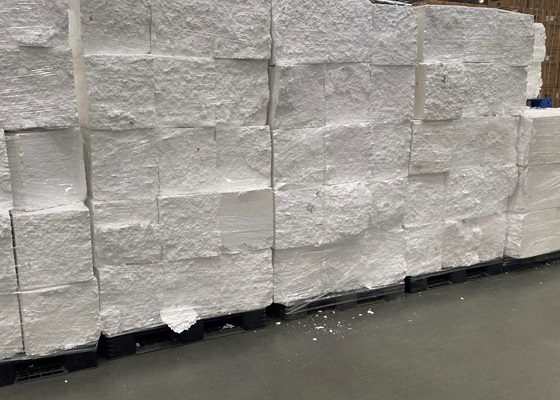EPS can be Recycled by GREENMAX Apolo Compactor rather than being Disposable
In recent years, consumers and manufacturers have increasingly practiced environmental protection concepts. Versuni, for example, is repackaging its Philips home appliances in 100% recyclable materials and plans to replace all plastics, including EPS foam.

EPS is used in every corner of life because of its well-known advantages, such as drop resistance, shock-proofing, heat insulation, waterproofing, etc., and most importantly, it is quite cheap. But now, due to people's improper disposal of waste EPS products, they are eventually buried in landfills or oceans, becoming a kind of white pollution. However surprisingly, one of the plastics most suitable for recycling is EPS. While EPS is commonly used in a variety of durable and disposable applications, it is sometimes referred to as a "challenging polymer" when it comes to recyclability. In fact, the simple polymer chain structure and low upper limit temperature of EPS achieve high recovery rates and low energy consumption in advanced recycling processes. Through compression by a machine like GREENMAX foam compactor, loose foam can be compacted to one-fiftieth or one-ninth of its original volume, making it easy to transport and store. There is also a broad market for recycled foam, and the price is higher than that of cardboard and other popular recycled goods.

So how does the GREENMAX APOLO compactor, belonging to INTCO Recycling recycle these foams? GREENMAX provides customers with a variety of machine options, ranging from small capacity to large capacity. Load the EPS waste into the machine and start the machine. The screw in the machine will crush the large pieces of EPS foam. The foam is then compressed and molded through screw physical extrusion, which is a unique screw compression technology developed by INTCO consumes less power and is more efficient. At the same time, GREENMAX developed the functions of compressed foam delivery and automatic cutting. After the foam is compressed and formed, it will be slowly transported forward through a passage. When it reaches a certain distance, the cutter will automatically cut off, so it can be transported manually without worrying about the compressed blocks falling and shattering on the ground.

GREENMAX EPS recycling machines are now widely used around the world and are one of the best options for recycling EPS waste. If you have similar needs, you can learn more about the machine and its working steps. GREENMAX hopes to work with customers around the world to commit to EPS recycling and world environmental protection.
